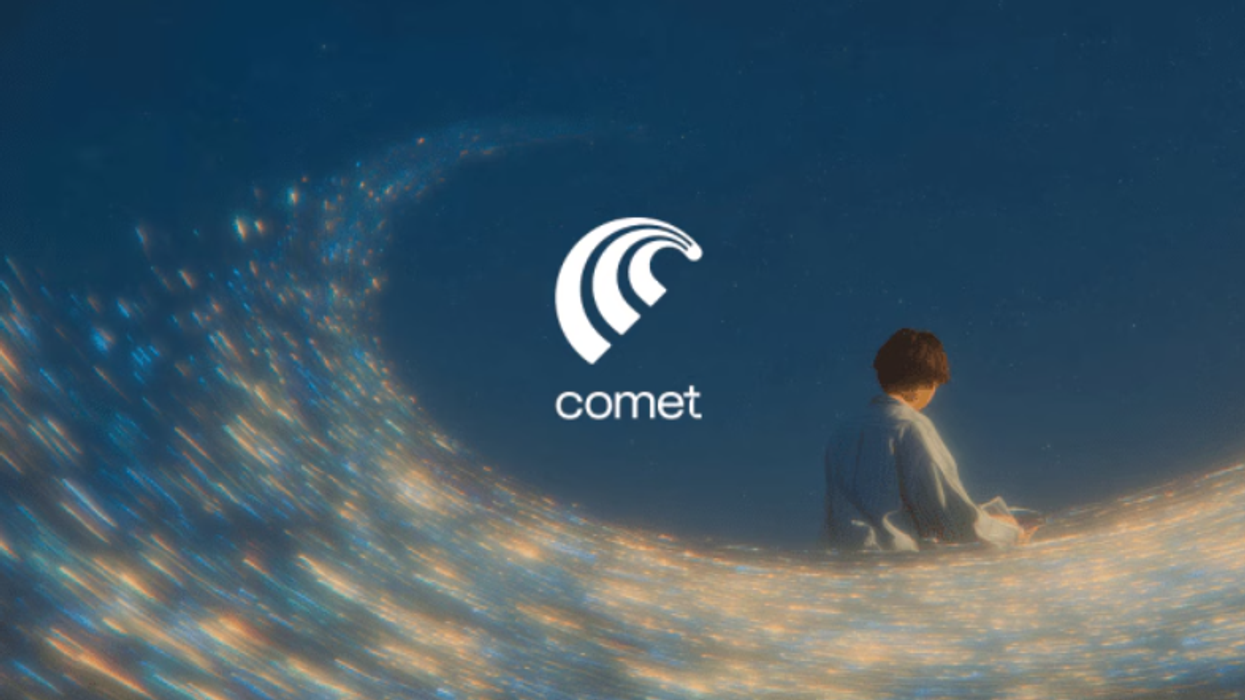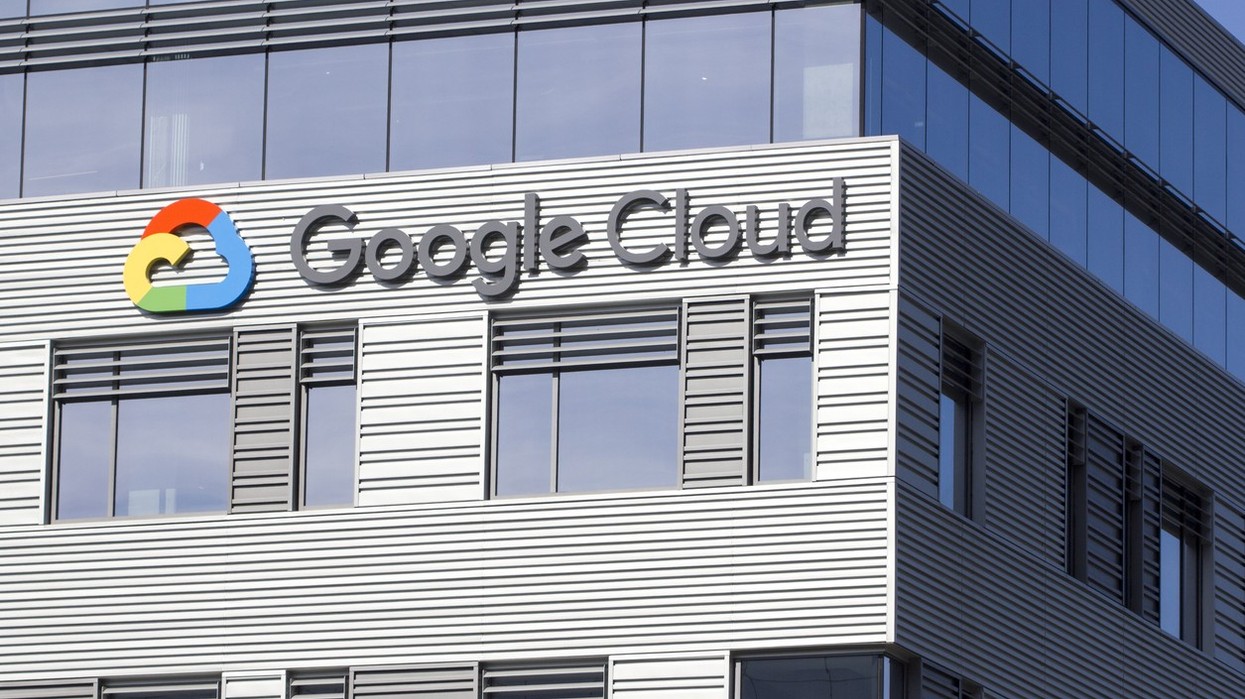Perplexity, the free AI-powered answer engine, has launched a new web browser called Comet, directly targeting Google. The Nvidia-backed startup said on Wednesday that it had launched Comet, a new web browser with AI-powered search capabilities, as the startup looks to challenge the dominance of market leader Alphabet's Google.
Google Chrome holds a commanding 68% share of the global browser market, according to a June report by StatCounter. It cements its position and remains far ahead of Safari, Microsoft Edge, and Firefox.
Google paid $26 billion in 2021 to have its search engine set as the default in various browsers. Apple received about $20 billion from Google in 2022 as part of its efforts to be the default search engine in Safari.
Comet attempts to recapture some of that value by setting Perplexity’s AI search as the default and adding various AI capabilities that support automation and natural language interaction. It is currently available to users subscribed to the $200/month Perplexity Max tier, with broader access expected in the coming months. According to the company, "Comet and Perplexity are free for all users and always will be."
During an interview on the TBPN tech podcast in April, Perplexity CEO Aravind Srinivas cited personalized advertising as one of the reasons to build a browser, noting that you need "memory" – the ability to retain the information provided in and produced by prompts to AI models – to make personalization work.
Unlike Google, Comet comes with built-in AdBlock for a cleaner browsing experience. Perplexity claims Comet can: summarize videos you've watched, close inactive tabs, group research into collections, and even show who you're meeting with.
There's also an Ask Button that promises to provide contextual information about web pages, and a Summarize button for those who can't be bothered with reading more than a few words.
Backed by high-profile investors including Jeff Bezos, SoftBank, and Nvidia, Perplexity is leveraging the launch of Comet to directly challenge incumbents such as Google’s Chrome and Microsoft's Edge, while also exploring new revenue streams in advertising and e-commerce.
However, the company has come under criticism from major media outlets including Forbes, Wired, and News Corp-owned Dow Jones publications like The Wall Street Journal for using their content without consent or compensation. Perplexity has responded by launching a publisher partnership program to collaborate with news outlets.














